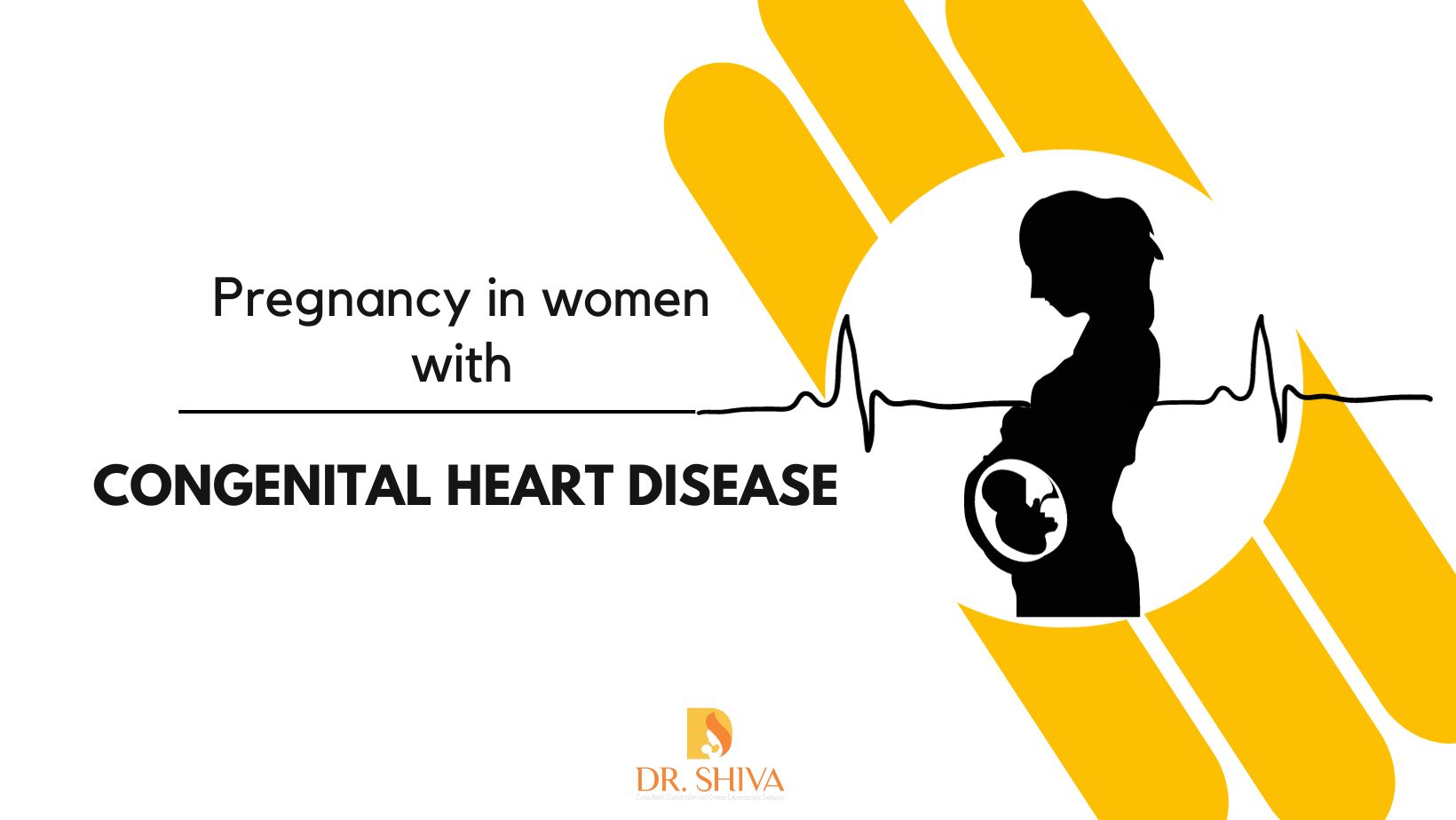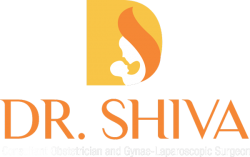
Pregnancy is a time of profound joy and anticipation for many women, but for those living with congenital heart disease (CHD), it can bring unique challenges and concerns. Cognitive heart disease encompasses a range of heart conditions that are present from birth and can vary widely in complexity. Managing pregnancy alongside cognitive heart disease requires careful planning, expert medical guidance, and a strong support system. In this blog, we will explore the key considerations and strategies for women with CHD who are on the journey to motherhood.
Understanding Cognitive Heart Disease
Congenital heart disease involves structural problems with the heart that are present at birth. These conditions can affect the heart’s valves, walls, chambers, and major blood vessels. The severity and complexity of CHD can vary greatly among individuals, with some experiencing mild issues while others have more complex and serious conditions.
Pregnancy and CHD: Key Considerations
The primary objectives of management include optimizing the mother’s health throughout pregnancy, looking out for any signs of deterioration, and reducing the added strain on the cardiovascular system during delivery and the post-partum phase.
Pre-pregnancy Counselling
Before embarking on a pregnancy journey, women with CHD should seek pre-pregnancy counselling from a specialized healthcare team. This team typically includes a cardiologist with expertise in CHD, an obstetrician, and potentially other specialists. The goal is to assess the woman’s heart health, determine the risk factors, and create a personalized care plan.
Risk Assessment
The risk associated with pregnancy and CHD varies depending on the specific heart condition and its severity. Some women with CHD can have a relatively low-risk pregnancy, while others may face significant challenges. Understanding these risks is critical for making informed decisions. The risk classification is usually categorised into four classes starting from low risk, low to medium, high and extremely high risk pregnancy. Pregnancy is usually avoided of it patient falls into fourth category.
Medications
Many women with CHD take medications to manage their heart condition. During pregnancy, medication adjustments may be necessary to ensure the safety of both the mother and the baby. It’s important to work closely with healthcare providers to find the right balance between managing the heart condition and protecting the pregnancy.
Monitoring
Pregnancy requires careful monitoring for women with CHD. This typically involves regular check-ups, echocardiograms, and other cardiac tests to assess the heart’s function and overall health. The frequency of these visits will depend on the specific heart condition and the individual’s health.
Labor and Delivery Planning
Planning for labor and delivery is critical for women with CHD. Discuss delivery options with your healthcare team, as some heart conditions may warrant a cesarean section to minimize stress on the heart. Ensure that the delivery team is aware of your heart condition and has access to your medical records.
Postpartum Care
The postpartum period is another crucial phase for women with CHD. Close monitoring should continue during this time, as changes in blood volume and hormonal shifts can impact heart function. A clear postpartum care plan is essential to ensure a smooth recovery.
What are the complications that occur in women having CHD during pregnancy?
The most common issues that occur include –
- Irregular heartbeat or arrhythmia
- Heart failure
- Premature birth
Conclusion
Pregnancy with cognitive heart disease is entirely possible, but it requires meticulous planning, expert medical care, and a strong support system. Women with CHD can have healthy pregnancies and deliver healthy babies, but it’s essential to prioritize heart health and collaborate closely with a specialized healthcare team throughout the journey. By taking these precautions and following a personalized care plan, women with CHD can enjoy the joys of motherhood while safeguarding their own health. Remember, knowledge and preparation are the keys to a successful pregnancy journey with cognitive heart disease.

